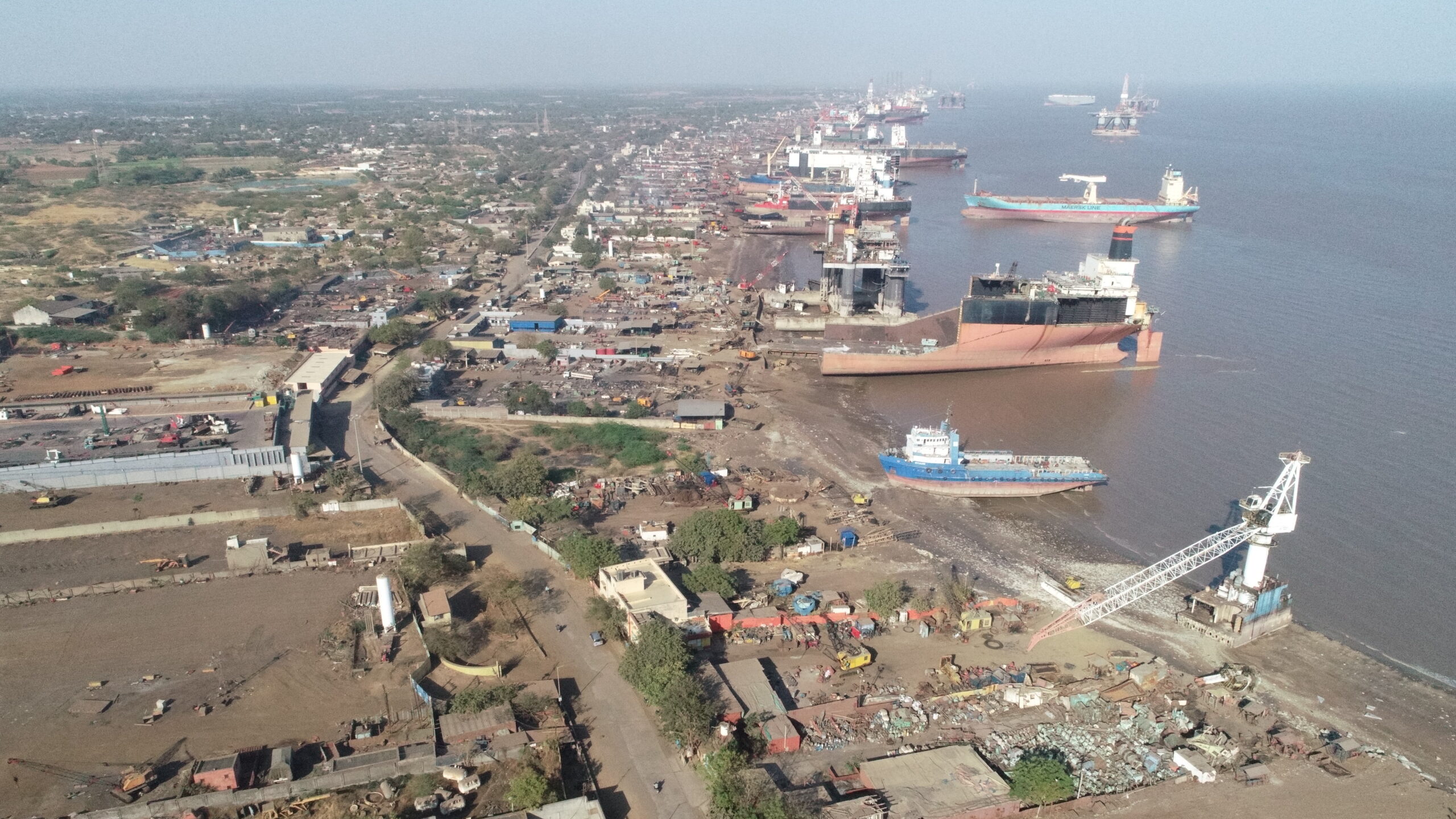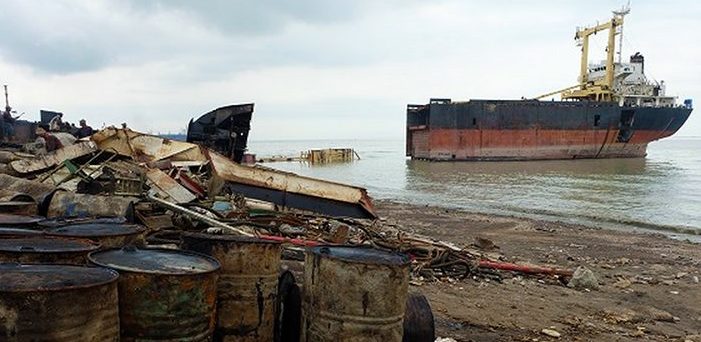Tanker Disaster Strikes Manila Bay
Manila, Philippines – A major environmental and humanitarian crisis unfolded in Manila Bay on Thursday as a Philippine-flagged tanker carrying a substantial volume of industrial fuel oil capsized and sank. The MT Terra Nova, en route to the central city of Iloilo, met its tragic fate approximately seven kilometers off Limay municipality in Bataan province, during the early hours of the morning.

The vessel, laden with 1.4 million liters of industrial fuel oil, succumbed to the relentless onslaught of strong winds and high waves, posing significant challenges to rescue and containment efforts. Transport Secretary Jaime Bautista, addressing the dire situation, confirmed that while 16 of the 17 crew members were successfully rescued, a search and rescue operation is currently underway for the missing individual. Four of the rescued crew members required immediate medical attention.
The Philippine Coast Guard has initiated a thorough investigation into the circumstances surrounding the tanker’s capsizing and subsequent submersion. Authorities are probing the possibility of a weather disturbance in the vicinity contributing to the tragic incident. As the tanker sank beneath the waves, a substantial oil slick, estimated to be around 3.7 kilometers in length, began to spread across the water. The relentless force of a strong current propelled the slick in an easterly, north-easterly direction, compounding the environmental threat.
In response to the escalating crisis, marine environmental protection personnel have been mobilized to implement containment measures and mitigate the devastating impact of the oil spill. Coast Guard Commandant Admiral Ronnie Gavan has emphasized the gravity of the situation by ordering a comprehensive investigation into the incident. The tanker disaster comes at a time when Manila and surrounding regions are already grappling with the effects of heavy rains exacerbated by Typhoon Gaemi and the seasonal monsoon.
The Philippines has a distressing history of maritime accidents with severe environmental consequences. In February 2023, a similar tragedy unfolded in the waters off the central island of Mindoro when a fuel tanker carrying 800,000 liters of industrial fuel oil sank. The resulting oil spill wreaked havoc on the coastal ecosystems of Oriental Mindoro province, inflicting irreparable damage on the fishing and tourism industries. The vast expanse of pristine waters, renowned for its unparalleled marine biodiversity, was contaminated by diesel fuel and thick oil, leaving an indelible scar on the environment.
The latest tanker disaster serves as a stark reminder of the vulnerability of coastal ecosystems and the urgent need for robust safety measures in the maritime industry. As the nation grapples with the aftermath of this ecological catastrophe, questions surrounding the adequacy of maritime regulations, vessel safety standards, and emergency response protocols are likely to be raised. The government faces the daunting task of not only containing the oil spill but also addressing the long-term environmental and socioeconomic impacts on the affected communities.
The incident has also highlighted the critical importance of investing in advanced maritime surveillance and early warning systems to prevent similar tragedies in the future. The protection of marine life and the livelihoods of coastal communities depend on the implementation of stringent safety standards and effective emergency response capabilities. As the investigation into the tanker disaster unfolds, it is imperative that lessons learned from this and previous incidents are applied to prevent such calamities from recurring and safeguarding the fragile marine environment of the Philippines.
[Continue with additional details or analysis as needed]
Possible additional sections to consider:
- Detailed account of rescue efforts and the condition of the rescued crew members.
- Impact of the oil spill on marine life and coastal ecosystems.
- Economic consequences for the fishing and tourism industries.
- Government response and recovery plans.
- Calls for stricter regulations and improved safety measures.
- International cooperation and assistance.
By incorporating these elements, you can create a comprehensive and informative news story that effectively conveys the gravity of the situation and its far-reaching implications.
Author: shipping inbox
shipping and maritime related web portal








